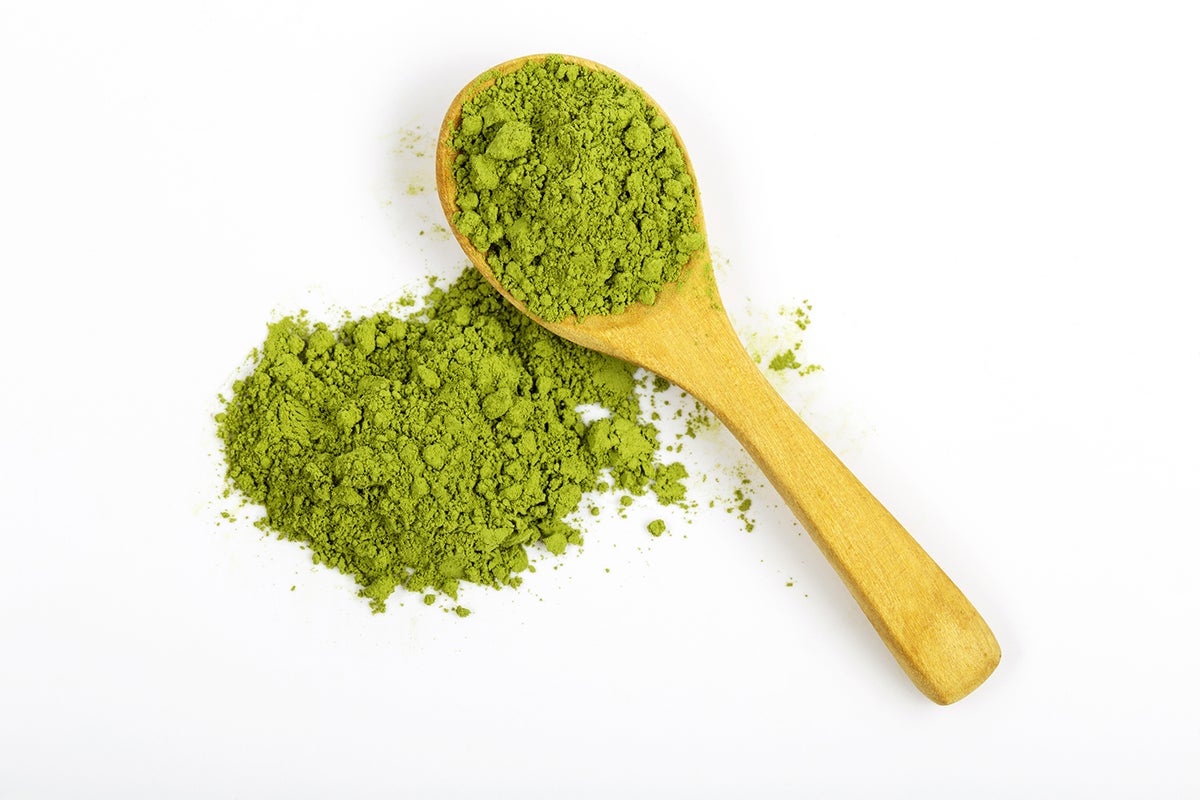According to an article from AARP published on April 18, drinking matcha, a form of powdered green tea, may offer a range of health benefits. Studies have shown that matcha could improve cognitive health in older women, promote healthy changes in the gut microbiome, reduce stress, and prevent atherosclerosis in animals. While there is some evidence to suggest that matcha might also slow premature aging and reduce the risk of certain cancers, more research is needed in these areas.
Matcha’s potential health benefits can be attributed to its high concentration of polyphenols, which are antioxidants. Polyphenols have been shown to have anti-inflammatory properties and may help protect against cell damage caused by free radicals. However, it is important to note that matcha does contain caffeine, more than other types of tea but less than coffee. Therefore, individuals should be mindful of their caffeine intake and avoid consuming matcha with added sugars or processed ingredients.
Frank Hu, a nutrition and epidemiology expert at Harvard T.H. Chan School of Public Health, advised against consuming matcha with added sugars or processed ingredients as they can counteract its potential health benefits. He also cautioned that more research is needed to fully understand the impact of matcha on premature aging and cancer risk.
In conclusion, adding matcha to your daily routine may provide a boost in cognitive health, gut health, and stress reduction. However, individuals should be mindful of their caffeine intake and avoid consuming matcha with added sugars or processed ingredients to fully reap its potential health benefits. More research is needed to fully understand the impact of matcha on premature aging and cancer risk.



